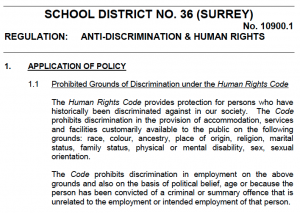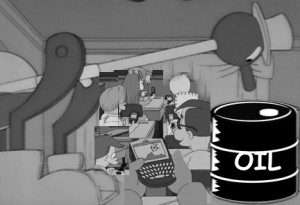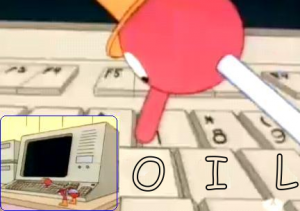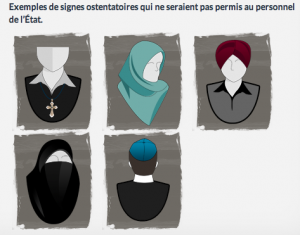Critical Education
Special Series
“Teach for America and the Future of Education in the US”
Founded in 1990 by Princeton graduate Wendy Kopp, Teach for America (TFA) has grown from a tiny organization with limited impact to what some supporters call the most significant force in educational reform today. Indeed the organization has recently been embraced by both the president of the National Educational Association and U.S. Secretary of Education Arnie Duncan as a force for tremendous good.
Critics argue otherwise, pointing to data that is mixed at best while questioning the almost $500 million annual operating budget of the non-profit, a significant portion of which comes from U.S. taxpayers. In light of questionable results and practices (such as using non-certified TFA recruits to work with special education students in direct violation of the Individuals with Disabilities Education Act) organizations are working to end TFA’s “highly qualified teacher” provision in 2013, an effort TFA is aggressively trying to thwart.
In an effort to provide assistance to those organizations working to maintain the integrity of the teaching profession, Critical Education is publishing a series of articles on TFA’s practices, procedures, outcomes, and impacts.
Articles in the series will be published across three issues of the journal:
- “Problematizing Teach for America” (October, 2013)
- “Life as a Corps Member” (November, 2013)
- “Altering TFA’s Trajectory” (December 2013)
Guest Editors of the special series are Philip E. Kovacs, (University of Alabama, Huntsville) and Kathleen deMarrais, (The University of Georgia).
1. Problematizing Teach for America
Bringing Teach for America into the Forefront of Teacher Education: Philanthropy Meets Spin
Kathleen P. deMarrais, The University of Georgia
Julianne Wenner, University of Connecticut
Jamie B. Lewis, Georgia Gwinnett College
Teach for America and the Dangers of Deficit Thinking
Ashlee Anderson, University of Tennessee
Teach For America and the Political Spectacle of Recruiting the “Best and the Brightest”
Kara M. Kavanagh, Georgia State University
Alyssa Hadley Dunn, Georgia State University
An Analysis of Teach for America’s Research Page
Philip E. Kovacs, University of Alabama, Huntsville
Erica Slate-Young, University of Alabama, Huntsville
2. Life as A Corps Member
From the Trenches: A Teach For America Corps Member’s Perspective
T. Jameson Brewer, University of Illinois at Urbana-Champaign
Are Teach For America Corps Members Highly Qualified to Teach English Learners?: An Analysis of Teacher Preparation for Culturally and Linguistically Diverse Populations
Megan Hopkins, Northwestern University
Amy J. Heineke, Loyola University Chicago
Infinite Jurisdiction: Managing Student Achievement In and Out of School
Katherine Crawford-Garrett, University of New Mexico
Personal Responsibility: The Effects of Becoming a Teach For America Teacher
Patricia Maloney, Texas Tech University
3. Altering TFA’s Trajectory
“I want to do Teach For America, not become a teacher.”
Mark Stern, Colgate University
D. Kay Johnston, Colgate University
An Issue of Equity: Assessing the Cultural Knowledge of Preservice Teachers in Teach for America
Eric Ruiz Bybee, The University of Texas at Austin
The Outsized Effects of Equating Teaching with Leadership: Implications of Teach for America’s Vision for Engaging Teachers in Reform
Laura Gutmann, University of North Carolina at Chapel Hill
Refashioning the Master’s Tools: Imagining a Teach for America that Really is for America
Erinn Brooks, North Carolina State University
Kathleen Greene, Beloit College


 Follow
Follow






